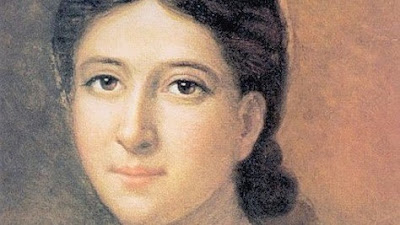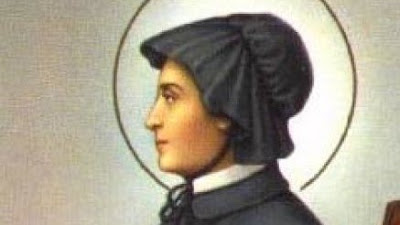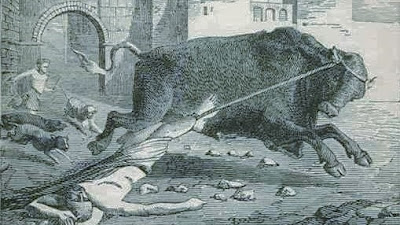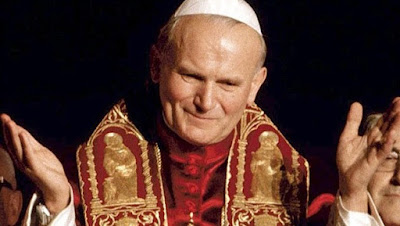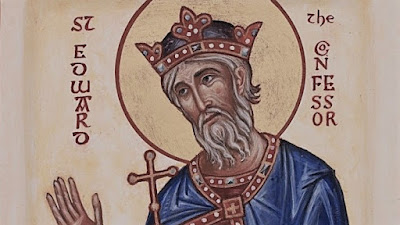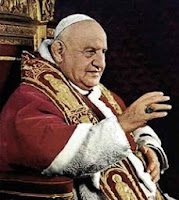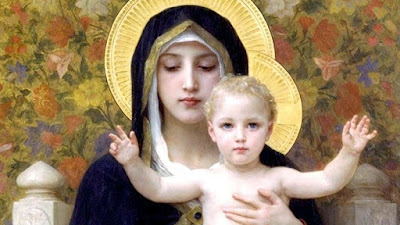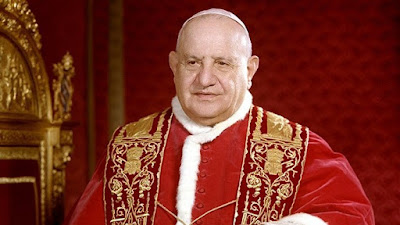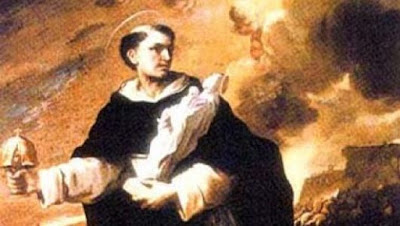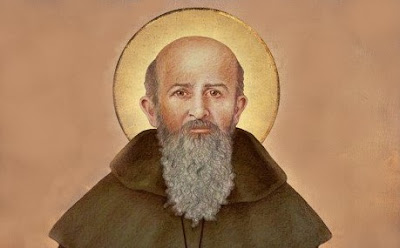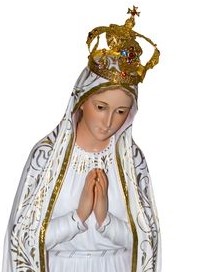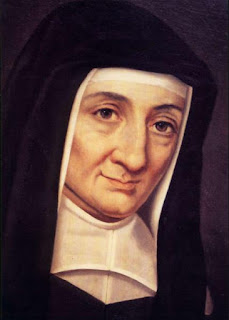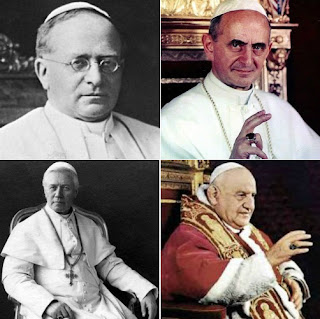Homily for the 4th Sunday of Lent (Laetare Sunday), March 11, 2018, Year B

Fr. Charles Irvin Diocese of Lansing ( Click here for Sunday’s readings ) “A body in motion tends to stay in motion, while a body at rest tends to stay at rest.” I’m sure many of you have heard that phrase used in an often-repeated TV commercial that has been airing recently. The phrase has caught my attention especially when I have been a couch potato watching more TV than I should. It’s the “staying at rest” that I am talking about because I am so often afflicted with laziness and lethargy. I resist getting in motion. Well, you may ask, what do those words and that thought have to do with the readings from today’s scripture passages that we just heard? Today is Laetare Sunday. Joy is its theme, joy because we are halfway through Lent and thus very close to the joy of Easter when our Elect will be baptized, confirmed and receive Holy Communion and our Candidates will be received into our Communion of Faith and likewise receive Holy Communion. There is joy, too, because
